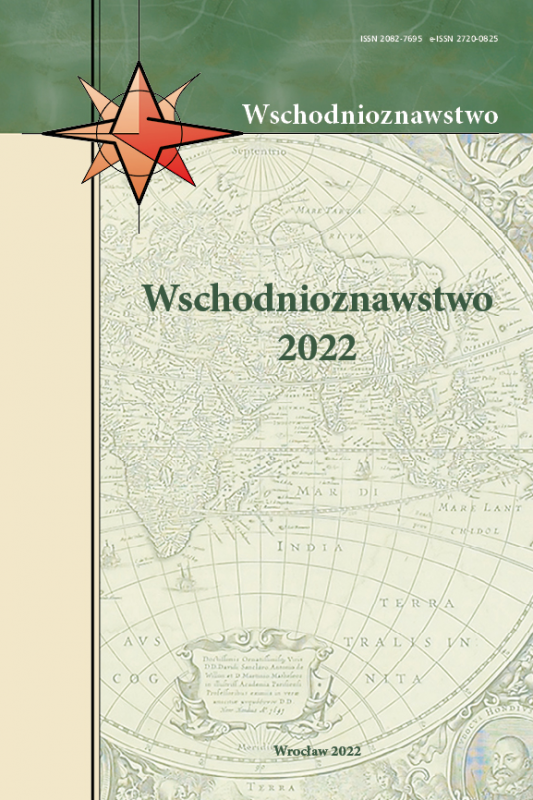„Political Re-education Camps” in Xinjiang as a part of panopticon-like Society: Clashing Discourses of Western and Chinese Media
„Political Re-education Camps” in Xinjiang as a part of panopticon-like Society: Clashing Discourses of Western and Chinese Media
Author(s): Ayşe ÇiçekSubject(s): Politics / Political Sciences, Politics, Sociology, Military policy, Ethnic Minorities Studies, Penal Policy, Politics and Identity
Published by: Wydawnictwo Uniwersytetu Jagiellońskiego
Keywords: re-education camps; internment camps; China; Uyghurs; securitization; power relations; critical discourse analysis
Summary/Abstract: Today, we see crimes against humanity in the 21st century in the Xinjiang Uyghur Autonomous Region within the borders of China. Human rights violations experienced by Uyghurs living in the aforementioned geography for centuries are not a new development, but they remain up-to-date. The state’s approach to the Uyghur people has evolved into a new dimension with the camps, which are described as vocational training centers by the state and also known as political re-education camps and internment camps in the literature. These camps, which are part of the state’s security policies, have inevitably been the subject of many research, especially in the context of human rights violations. This article explores how political re-education camps, unlike others, are represented in some Western media sources and in the Chinese media, using the method of critical discourse analysis. The analysis revealed that the camps have been a part of a panopticon-like society and places where the lives of Uyghurs are surveilled from every angle, and both violation of rights and political indoctrination have been experienced. However, these places have been portrayed by the Chinese media as places where minorities have been rendered safe, enabling stability, security and development.
Journal: Wschodnioznawstwo
- Issue Year: 2022
- Issue No: 16
- Page Range: 269-298
- Page Count: 30
- Language: English

